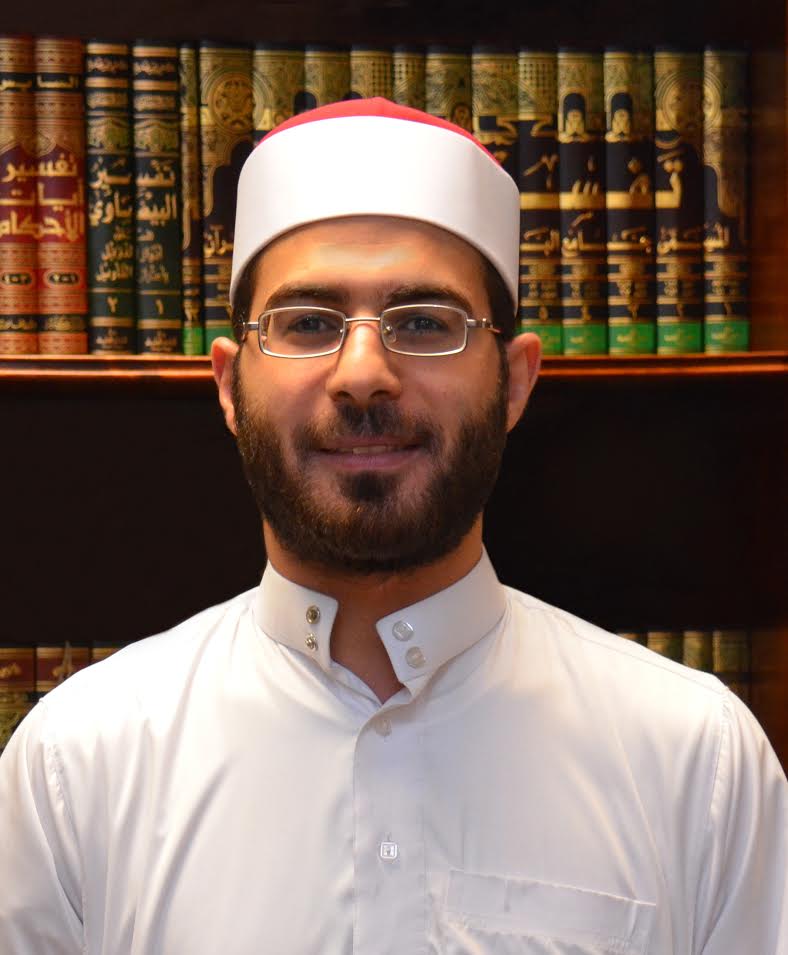Keys to Enliven Your Salah, Part Three

Observing how Muslims offer their Salah, one can easily notice that they correctly stand, bow, prostrate and sit. However, some may miss an essential part of prayer, without which Salah is not valid; that is, “Tuma’neenah.”
What is “Tuma’neenah”? It basically means praying so calmly that you do not connect two movements together and that you do have enough time to recite the required words of praise. As a criterion for Tuma’neenah, scholars say “you do not move from one posture to another until the bones are settled.” A common mistake that illustrates the absence of Tuma’neenah, and thereby the invalidity of Salah, is making “half rising from the bowing position” or “half rising from the prostrating position.” You must make a complete standing after bowing and complete sitting after prostrating.
Imam al-Bukhari and Muslim reported, on the authority of Abu Hurayrah t, that the Messenger of Allah rentered the mosque and a man came in and prayed. Then the man greeted the Messenger of Allah r. The Messenger of Allah rgreeted him back and said: “Go back and pray, for you have not prayed.” The man went back and prayed as he had prayed before, then he came to the Prophet rand greeted him, and the Messenger of Allah rgreeted him back and said: “Go back and pray, for you have not prayed.” When he had done that three times, the man said: “By the One Who sent you with the truth, I cannot do more than that; so, teach me. The prophet rsaid: “When you go to pray, say Allahu Akbar, then recite whatever you can of the Quran. Then bow until you have Tuma’neenah in bowing, then rise until you stand up with Tuma’neenah. Then prostrate until you have Tuma’neenah in prostration. Then sit up until you have Tuma’neenah in sitting. Then do that throughout the entire prayer.” Note that this Hadith placed emphasis on Tuma’neenah (not all Salah requirements) since the prophet r was dealing mainly with what the man missed.
Hasty performance of Salah never brings in concentration or mindfulness. The prophet rcompared praying hurriedly to “stealing”! He says: “The worst thief is the one who steals from his own prayer.People asked, ‘Messenger of Allah, how could one steal from his own prayer?’ He said:By not completing its bowing and prostrating [positions]” [Reported by Imam Ahmad and others].
Spiritually speaking, maintaining a good pace between Salah actions is a necessary step in meditating on what we recite and allowing time for the values contained in the recitations to sink in and take hold. Practicing Tuma’neenah in Salah both physically and verbally will result in what we call the Tuma’neenah of the heart where feelings of peace and tranquility are inspired as the Quran says: “In the remembrance of Allah do hearts find rest” (13:28).
Practically, if you are not used to practice Tuma’neenah in your prayer, it may be hard for you to maintain it in the beginning; yet, you really need to keep trying and slow down till Tuma’neenah becomes a second nature to them. This is part of what Imam al-Ghazali would call “mujahadah” or self-struggle. If you feel you need to finish your prayer quickly, force yourself to slow down till you master Tuma’neenah. The Quran promises: “[As for] those who strive for Our cause, We will surely guide them unto Our ways, and Allah is surely with those who do good” (29:69).

